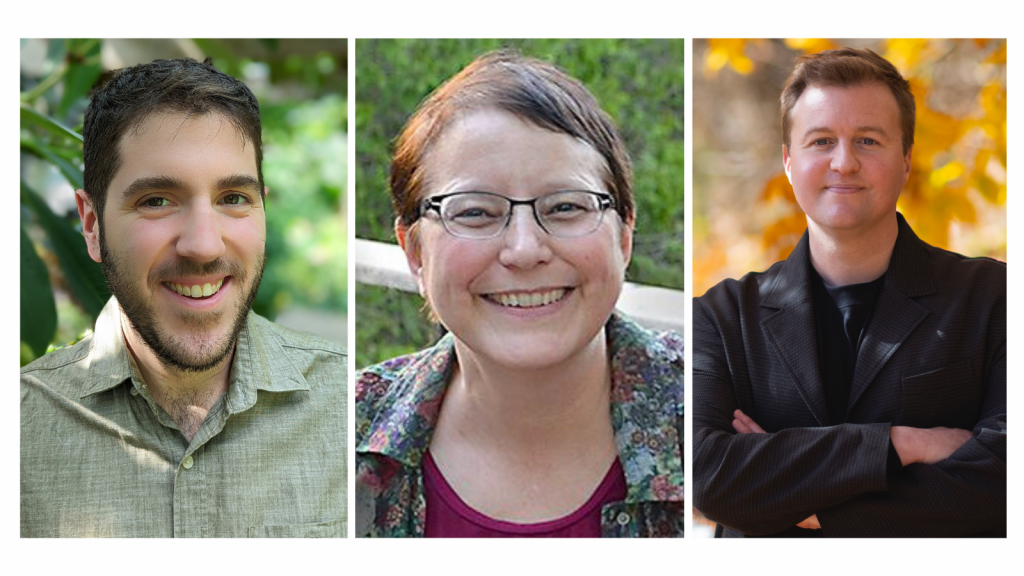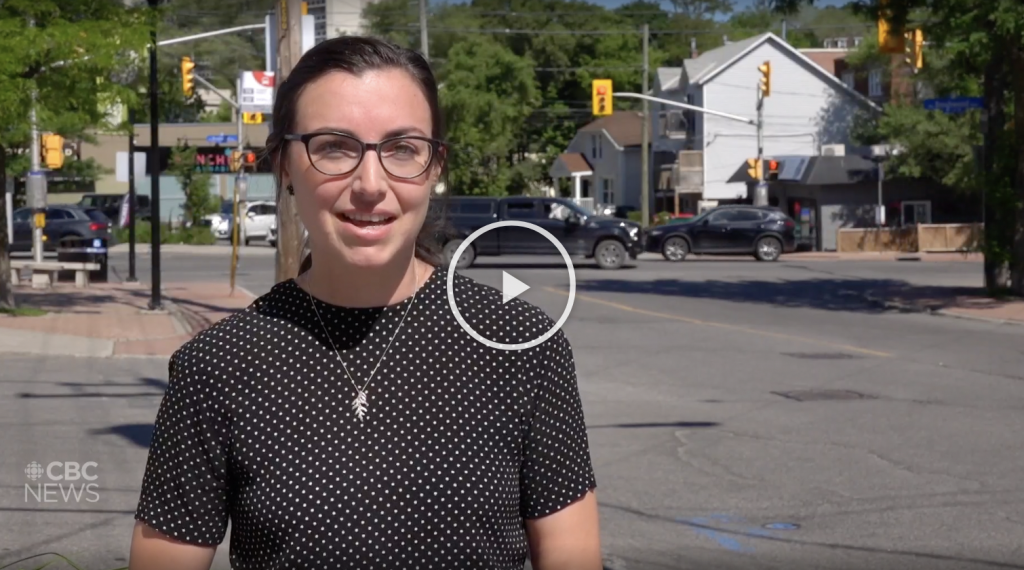by Sara Elhawash
Hotter days in Toronto mean more people flocking to parks for relief, but just how are these green spaces being utilized during extreme heat? University of Toronto researchers, who were awarded the Data Access Grant by the Data Sciences Institute, are analyzing patterns of human activity, park usage and air temperatures to shed light on the impact of extreme heat and climate patterns on the health and well-being of Toronto residents.

The research team, led by Professors Scott MacIvor, Department of Biological Sciences (University of Toronto Scarborough) and Marie-Josee Fortin, Department of Ecology and Evolutionary Biology (Faculty of Arts & Science), is working closely with Dr. Alessandro Filazzola, a Data Scientist at ApexRMS, as well as the City of Toronto Parks Forestry and Recreation and the Toronto and Region Conservation Authority. With the support of the DSI Data Access Grant, the team has successfully accessed Mapbox data, which provides anonymized information on smart device locations. This data enables them to establish correlations between human activity in parks and climate conditions.
According to Danny Brown, Project Officer at the Parks, Forestry & Recreation (PFR) of the City of Toronto, urban park systems play a crucial role in providing refuge from heat waves for vulnerable residents, absorbing stormwater, mitigating overland flooding, sequestering carbon, creating habitat, and hosting a variety of facilities and programs that strengthen community ties.
However, the lack of effective methods to quantify human activity in parks has impeded our understanding of how park usage changes during extreme heat events. The researchers aim to evaluate park usage in relation to climate patterns and demographics. By using Mapbox movement data, they determine the effects of climate on urban park activity, relate park use to demographics of city residents (including income, housing characteristics, and population density), and predict patterns of park use under extreme climate scenarios. This work will help to inform strategies and interventions to mitigate potential risks and enhance the overall resilience of the community.
The researchers are combining patterns of park activity with daily weather patterns for the 34 largest parks in the City of Toronto. By examining the correlations between park activity, daily weather patterns and climate conditions, they have made promising initial findings. “Air temperatures and precipitation have shown connections with park activity, although these patterns are specific to individual parks. Some parks experience increased activity during warmer temperatures, while others exhibit reduced activity. Further analysis is needed to unravel these idiosyncratic patterns,” says Dr. Filazzola.
Beyond analyzing park activity and climate change impacts, the researchers aim to quantify human-wildlife interactions, predict changes in park activity due to land use changes, assess socio-demographic disparities in park accessibility, inform park management decisions, and monitor biodiversity. In collaboration with Environment and Climate Change Canada, the team plans to investigate how bird populations respond to human activity in Montreal parks, further expanding the scope of their research. “The overall collaboration on this research combines the expertise of data scientists knowledgeable of using anonymized mobility data with academic knowledge and practical applications of the results. Mapbox has also been a contributing partner that has assisted in the success of the project,” says Dr. Filazzola.
Danny Brown expresses excitement about collaborating with the Data Sciences Institute researchers and leveraging data about the city’s parkland to better understand its functional relationship with Toronto’s diverse communities. “Collaborating with the great minds at the University of Toronto has sparked new and exciting ways of leveraging data about the city’s parkland to better understand its functional relationship with, and importance to, Toronto’s diverse communities. The City looks forward to further partnerships with the academic community to continue to build a resilient, welcoming, and innovative Toronto.”
“The Data Access Grant from the Data Sciences Institute was vital in our acquisition of anonymized mobility data for conducting this analysis,” emphasizes the team. Anonymized data from smart devices is a relatively new data product primarily used for commercial applications or vehicle tracking. The DSI grant was also instrumental in us obtaining larger funds to do the work that brought the partners together.”
Banner photo by Wei Fang/Getty images

